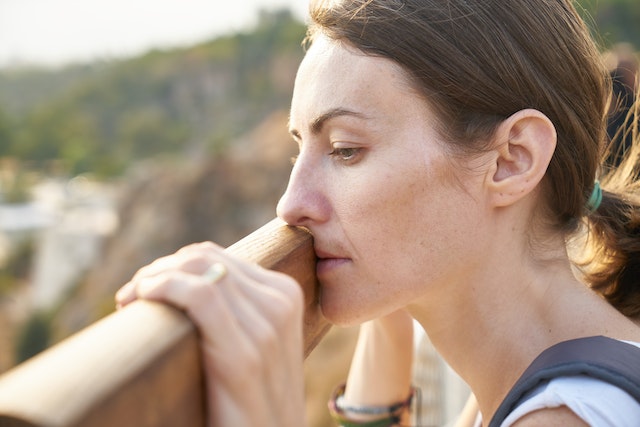
Depression is a mental health disorder that affects an individual’s mood, thoughts, and behavior. It is not just feeling sad or down for a day. Depression can last for weeks or months and can happen over and over again.
People who experience depression often feel hopeless, helpless, worthless, and guilty. These feelings can lead to suicide or self-harm. Depression also impacts relationships with friends and family members as well as the ability to work or study.
The symptoms of depression are similar in men and women but they may differ in intensity and frequency of occurrence. It is important to understand how to deal with depression so that it does not affect your quality of life.
Mental health treatment for women has become increasingly important in recent years, with more and more people seeking unconventional ways to relieve their depression. For example, connecting with nature can be a powerful tool for managing depressive symptoms, as taking regular walks surrounded by nature’s beauty can boost endorphins and provide a calming effect. Additionally, engaging in mindful activities such as drawing or painting can help an individual stay focused on the present moment and reduce rumination over past events. Mental health treatment also looks at the role of social support systems in the healing process, and building relationships with supportive individuals can help those suffering from depression find comfort. Finally, developing daily routines focusing on self-care, like engaging in exercise or meditation, can promote improved mental well-being. These tools highlight the importance of investing in your mental health and provide innovative methods to lift moods when needed.
Cognitive Behavioral Therapy
Cognitive behavioral therapy is a form of psychotherapy that has been used to treat depression and other disorders since the 1950s.
CBT is based on the idea that thoughts, feelings, and behaviors are all interconnected so that one’s thoughts can affect one’s feelings and behaviors, and vice versa. In CBT, the goal is to decrease the distress experienced by a person by decreasing the frequency with which they have distressing thoughts. To achieve this, several specific techniques are typically used to help people identify and challenge their distressing thoughts and behaviors. These techniques can also be used in conjunction with other psychological treatments such as psychoanalysis or psychotherapy.
Trying psilocybin therapy
There is a lot of research being done on the uses and benefits of psychedelics, including psilocybin. The use of psychedelics is not just limited to medical treatment, but also recreational use.
Psilocybin is a psychedelic compound that can be found in mushrooms. It belongs to the tryptamine family, which means that it shares similarities with other drugs such as LSD and DMT.
The benefits of psilocybin therapy are still being researched, but studies show that it is a breakthrough treatment for depression and anxiety. You can even microdose psilocybin in order to improve your mood, social communication, and anxiety levels. This helps by changing the neural pathways in your brain, which are found to be very set in the brain of a person dealing with depression.
Medications and Antidepressants
Antidepressants are the most commonly prescribed medications for depression.
Antidepressants are used to alleviate symptoms of depression such as sadness, loss of interest in activities, fatigue, sleep disturbances, and difficulty concentrating.
These work by increasing serotonin levels in the brain which helps to reduce symptoms of depression.
The most common classes of antidepressants are SSRIs (selective serotonin reuptake inhibitors) and SNRIs (serotonin-norepinephrine reuptake inhibitors).
SSRIs work by blocking the reuptake of serotonin from synapses while SNRIs work by blocking both serotonin and norepinephrine reuptake.
Lifestyle Changes to Improve Mental Health and Prevent Depression
It is difficult to stay healthy when you are constantly surrounded by unhealthy food, lack of sleep, and stress. However, there are many things you can do to improve your mental health and prevent depression.
Some important lifestyle changes that can fight depression include eating a healthy diet, getting enough sleep, exercising regularly, reducing stress levels, practicing mindfulness or meditation in your daily life, getting social support from family or friends, and building a strong support network.
It is essential to learn some unconventional ways to treat your depression. Use this list to get you out of that funk and on your way to a better quality of life.
Hey welcome to my blog . I am a modern women who love to share any tips on lifestyle, health, travel. Hope you join me in this journey!

Speak Your Mind